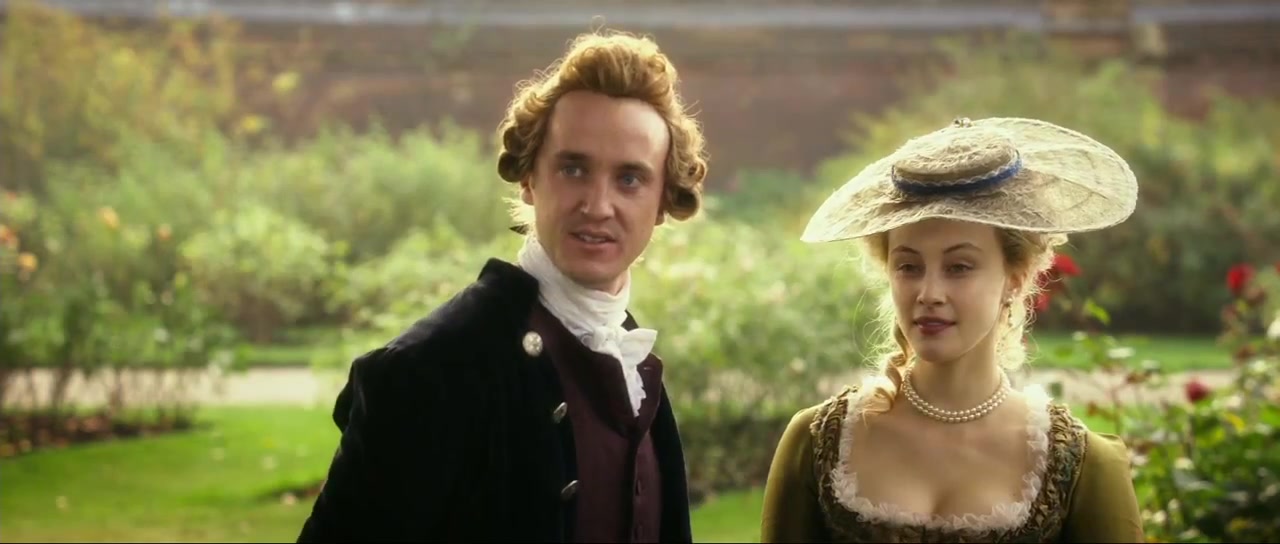Title: Belle
Director: Amma Asante
Starring: Gugu Mbatha Raw, Tom Wilkinson, Sam Reid, Sarah Gadon, Miranda Richardson, Penelope Wilton, Tom Felton, James Norton, Matthew Goode, Emily Watson.
After Steve McQueen, another Afro-British film director deals with historical racial issues through the period movie ‘Belle’: Amma Asante.
It all begins with a painting portraying two young aristocratic women in 18th century England, one is fair and blonde whilst the other is also enchanting but black. Curiosity as to why and how a woman of colour could be member of a noble family in the epoch of slavery is what triggered both the screenwriter, Misan Sagay, and the director to unveil the story about Dido Elizabeth Belle.
Dido was the illegitimate mixed race daughter of a Royal Navy Admiral, who was raised by her aristocratic great-uncle, Lord Mansfield, and his wife and grew very close to her “sister-cousin.” Her story could well evoke a Jane Austen novel, since the young spirited Dido was caught up in the marriage games and status-seeking of the era, as an outsider whose identity forbade her from being treated as an equal in society.
Standing between Dido Belle and what she wanted – both in love and in the changing of the laws that supported slavery – was the man who raised her: Lord Mansfield was a hugely influential figure right at the peak of the battle against the British trade slave, who eventually had a crucial role in the trials concerning the Zong massacre, which involved the killing of approximately 142 Africans by the crew of a slave ship.
Amma Asante undoubtably has crafted a very effective historical drama, dealing a timely subject matter about conditioning versus instinct, as she explains herself:
“It was important for me to make the themes and issues in the story not just black and white. Everything is complex. Dido has a difficult time both because she is of colour and because she is illegitimate. There are also the parallels between slavery and being a female at the time, because in that era women were owned, they were their husband’s property. Today things are obviously different but this story still resonates in the issues of identities and where we fit and belong, who labels us and defines who we are, society or ourselves; and most importantly when we come to the point of political awakening in life.”
Technical: A
Acting: A
Story: A
Overall: A
Written by: Chiara Spagnoli Gabardi

